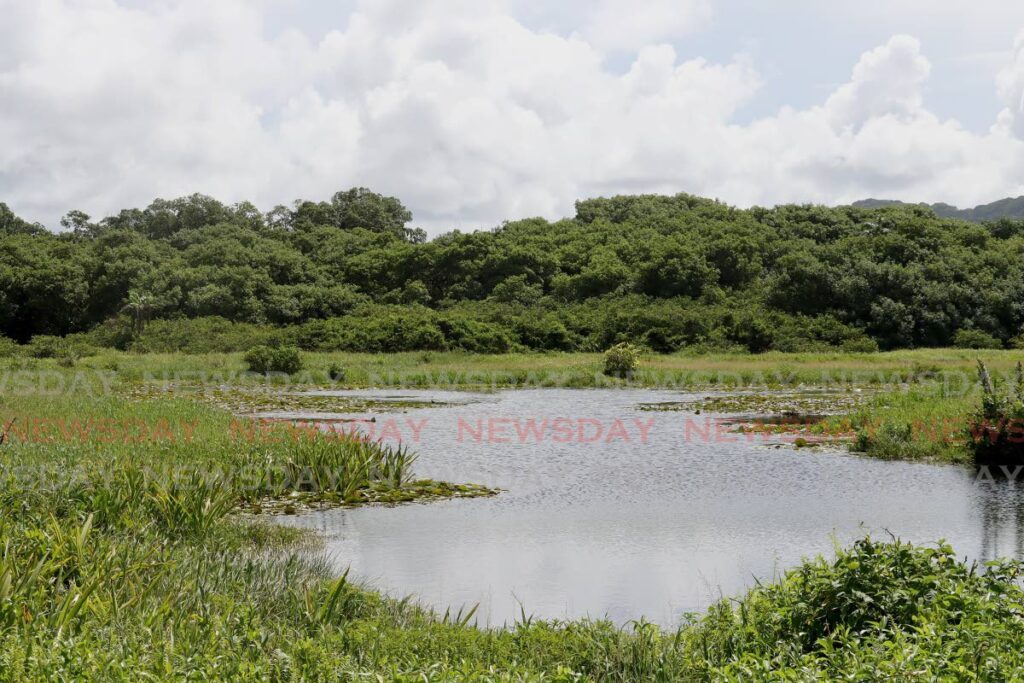Climate Anxiety: Gen-Z's battle for a greener future

Existential dread appears to have gripped Generation Z, a demographic cohort, born between 1996 and 2010, or ages 13-27. This unsettling feeling is exacerbated by perceived government inaction and the looming threat of climate change.
Gabrielle Gay, the United Nations AIS ambassador and founder of the Erline Bradshaw Foundation, has fortunately reassured that climate anxiety isn't a medical condition but rather “a natural response of our bodies.” The Erline Bradshaw Foundation is an organisation dedicated to offering educational programmes on climate justice, literacy, law, and various other fields.
Gay, a prominent social media influencer from Barbados, recently delivered a keynote address on climate anxiety at a virtually-staged Climate Gen Z Conference. The event, which ran from Friday to Sunday, was hosted by the Journal of CESaRE (Caribbean Environmental Sciences and Renewable Energy) in partnership with The Cropper Foundation, the Inter-American Development Bank, Caribbean Natural Resource Institute (Canari), and the Open Society Foundation, a non-governmental organisation supporting civil society groups financially.
It was organised for Gen Z between 16-24 years and welcomed dialogue from climate activists and influencers from across the Caribbean.
In discussing climate anxiety, Gay cited Yale associate professor Sarah Lowe, who defines it as "distress about climate change and its impacts on the landscape and human existence." This distress can manifest as intrusive thoughts, fear of future disasters, or concerns about the long-term survival of humanity and the planet, including the well-being of future generations. It can also have physical symptoms like a racing heart and shortness of breath, as well as behavioural effects that hinder social relationships, work, or school performance.
In simpler terms, as Gay put it, if you've ever felt anxious or deeply troubled about climate change or environmental issues, you've experienced climate anxiety in some form.
To highlight the prevalence of climate anxiety, Gay referred to a 2021 study led by renowned psychotherapist Caroline Hickman, focusing on this phenomenon. The study, which surveyed over 10,000 young people across six continents, revealed alarming findings. Fifty-nine per cent of respondents reported being very or extremely worried about climate change, and 84 per cent were at least moderately concerned. Over half experienced sadness, anxiety, anger, powerlessness, helplessness, or guilt. Many respondents said their feelings negatively affected their daily lives, and a substantial majority expressed pessimism about the future and the planet.
Notably, the study revealed that climate anxiety and distress were closely linked to perceived government inaction and a sense of betrayal by authorities. The Caribbean region, where rising temperatures, increased flooding, and more frequent and severe hurricanes have become evident within a single generation, is no exception to these concerns.
Gabrielle Gay suggested that many who grapple with climate anxiety also suffer from imposter syndrome, a condition where, in essence, one feels like a fraud despite their efforts to excel. However, she emphasised that everyone possesses the power to contribute positively to addressing climate change, even if their skills and talents are not directly related to the scientific or activist aspects of the cause.
One of the most effective ways to combat climate anxiety, Gay explained, is to take personal action and advocate for government policies that prioritise the well-being of current and future generations. She encouraged conference participants to join organisations like hers, the Cropper Foundation, or even start their own initiatives, bringing together individuals with diverse skills to combat climate change and lobby governments for change.
Gay shared her advice for managing climate anxiety and anxiety related to activism. She recommended taking a step back from the situation, adopting a broader perspective like an eagle soaring above.
“I like to write,” she said. “I write everything out. So what are you feeling? Get it out of your head…”
The next step, she reiterated, is to identify one’s own skills that can create positive action and apply it.
“If I like to bake,” she asked, “how can I create cookies or treats that can convey a positive climate change message?”
Throughout the conference, organisers, activists and other participants connected with regional resources and organisations to support their causes related to climate change.


Comments
"Climate Anxiety: Gen-Z’s battle for a greener future"